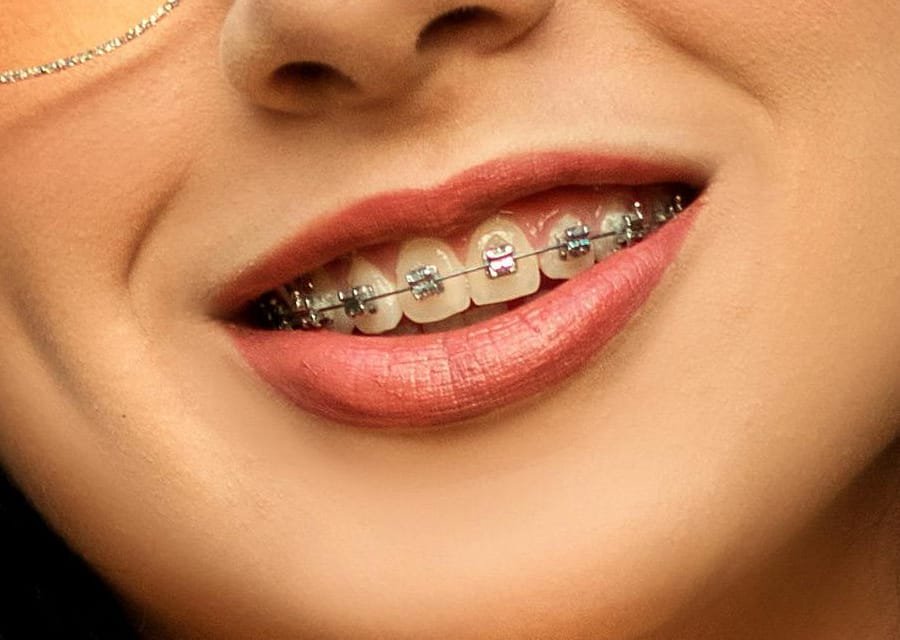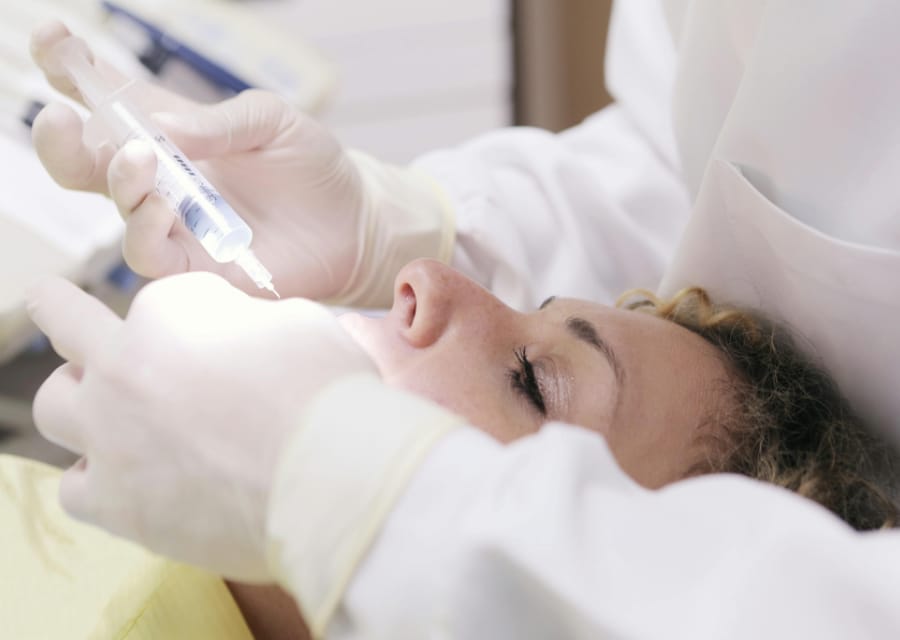
Old scars on the face are a common concern for many individuals, as they can impact self-confidence and overall appearance. Whether caused by acne, injuries or surgery, facial scars often serve as persistent reminders of past events. But can these scars be completely removed? The short answer is that while many treatments can significantly improve their appearance, completely erasing old scars remains a challenge.
In this article, we will explore the types of facial scars, treatment options and practical expectations for achieving smoother, clearer skin.
Understanding Facial Scars: What Causes Them?
Scars form as part of the natural healing process when the skin is injured. The body produces collagen to repair the wound, but the quality and quantity of collagen can vary, leading to different types of scars. Understanding the nature of your scar is the first step in finding the right treatment.
Common Types of Facial Scars
-
Atrophic Scars: These are sunken or depressed scars often caused by severe acne or chickenpox. They include ice-pick scars, boxcar scars and rolling scars.
-
Hypertrophic Scars: These scars are raised but remain within the boundaries of the original wound.
-
Keloid Scars: Similar to hypertrophic scars but grow beyond the wound site. They are often thick, raised and can continue to expand over time.
-
Pigmented Scars: While not true scars, dark or red discoloration following an injury or acne breakout can persist and affect skin tone.
Can Old Scars Be Completely Removed?
The ability to remove scars depends on several factors, including the scar’s type, age, size and depth. While complete removal is rare, advancements in dermatological treatments can help minimize their appearance to the point where they become almost invisible.
Factors That Influence Scar Removal
-
Age of the Scar: Older scars are often harder to treat as they’ve fully matured and are less responsive to certain therapies.
-
Skin Type and Tone: Some treatments work better for specific skin tones and darker skin types may be more prone to pigmentation issues.
-
Location of the Scar: Scars on areas with thinner skin, such as the face, may respond differently to treatments compared to other body parts.
Effective Treatment Options for Old Scars on the Face
There are various treatment options available to reduce the appearance of old scars. Each method has its strengths and limitations and the choice often depends on the scar’s characteristics and individual goals.
1. Topical Treatments
Topical creams and gels can help improve the texture and color of scars, though they are more effective on newer scars. Ingredients like retinoids, silicone and vitamin C are commonly used.
-
Silicone Gel Sheets: These can soften and flatten scars over time.
-
Retinoid Creams: Help in collagen remodeling and improving skin texture.
-
Hydroquinone or Kojic Acid: Useful for reducing hyperpigmentation around scars.
2. Dermabrasion and Microdermabrasion
These procedures involve exfoliating the outer layer of the skin to reduce the appearance of scars.
-
Dermabrasion: A more intensive procedure that removes deeper layers of skin.
-
Microdermabrasion: A gentler option suitable for mild scars.
3. Chemical Peels
Chemical peels use acid-based solutions to remove the top layer of the skin, promoting new cell growth and reducing scar visibility. Medium to deep peels can address deeper scars.
4. Laser Therapy
Laser treatments are highly effective for both atrophic and hypertrophic scars. They work by targeting scar tissue and stimulating collagen production.
-
Ablative Lasers: Remove the outer layer of skin and are ideal for deep scars.
-
Non-Ablative Lasers: Promote collagen growth without damaging the skin’s surface.
5. Microneedling
Microneedling involves creating tiny punctures in the skin using a dermaroller or pen. This stimulates collagen production and improves the texture and tone of the skin.
6. Fillers
For atrophic scars, dermal fillers can be injected to lift depressed areas and create a smoother surface. While temporary, they offer immediate results.
7. Surgical Options
In cases of severe scarring, surgical interventions such as scar revision or punch excision may be recommended. These procedures aim to remove or reshape the scar tissue.
Managing Expectations: What’s Realistic?
While treatments can dramatically improve the appearance of scars, achieving completely flawless skin is rare. It’s essential to set realistic expectations and work with a qualified dermatologist or cosmetic specialist to determine the best approach for your skin.
Tips for Optimal Results
-
Start Early: Treating scars in their early stages yields better outcomes.
-
Consistency Is Key: Many treatments require multiple sessions to achieve noticeable improvements.
-
Combine Therapies: A combination of treatments often delivers the best results.
-
Protect Your Skin: Always wear sunscreen, as UV exposure can worsen scar pigmentation.
Preventing Scars on the Face
Prevention is better than cure and taking care of your skin after an injury can reduce the risk of noticeable scars.
Preventive Measures
-
Keep Wounds Clean: Proper hygiene minimizes infection risk.
-
Moisturize Regularly: Hydration promotes even healing.
-
Use Sunscreen: Prevent discoloration by shielding scars from the sun.
-
Avoid Picking at Scabs: Let wounds heal naturally to prevent deeper scars.
Final Thoughts
While completely removing old scars on the face may not always be possible, numerous treatments can significantly improve their appearance. The key lies in understanding your skin, choosing the right treatment and maintaining realistic expectations. Consult a dermatologist to explore personalized options and take the first step toward achieving smoother, more confident skin.
To schedule an appointment at ‘Sukumar Dental Clinic’ call +91-7418210108 or WhatsApp Dr. Sukumar at +91-9655225002. We take pride in having the top dental clinic in Palayamkottai, Tirunelveli. Alternatively, you can email us at info@sukumardental.com


